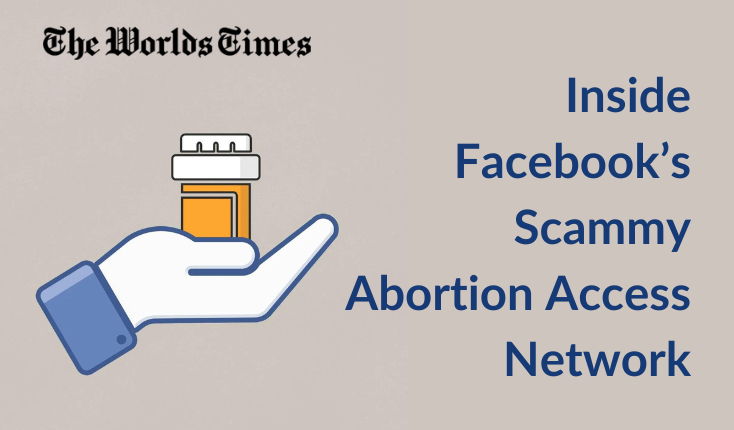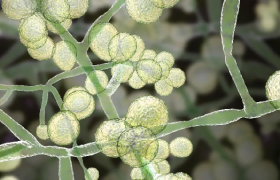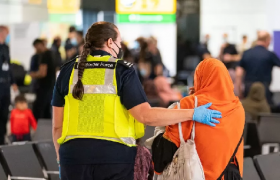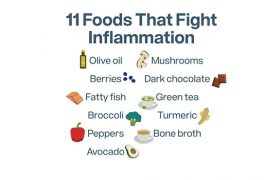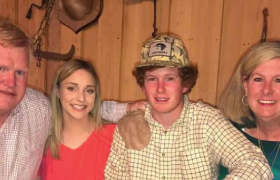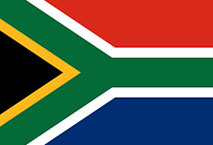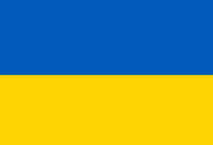Inside Facebook’s Scammy Abortion Access Network
In numerous groups on the social media app, women facing unwanted pregnancies are seeking help from each other for pills and herbal remedies. However, many report that they are being scammed instead.
In a Facebook group with over 8,000 strangers, Brazilian women are asking for help with unwanted pregnancies. One 15 weeks pregnant said she had tried medicine at 8 weeks, but it failed. Another, 9 weeks pregnant, shared that she tried internet-recommended teas that caused pain, and with two young children, she’s desperate. A third woman can’t afford abortion medication, and a fourth spent all her money on what she now suspects was a scam.
This group, called “Safe Abortion — Helping Women,” is one of many in Brazil, where abortion is illegal in most cases. Nearly 200,000 women have joined similar groups to buy and sell mifepristone, misoprostol, and various home remedies in hopes of terminating unwanted pregnancies. These groups are difficult to navigate, filled with graphic images, cries for help from women fleeing abusive relationships, and warnings about scammers and fake pills.
Brazil is just one of many countries where women turn to Facebook for abortion care. A review by Forbes found around 800 groups and pages across 76 countries offering connections to abortion remedies, with 300 operating in places where abortion is illegal or criminal. Together, these groups have nearly 1.8 million members, with significant activity in Brazil (111 groups with over 191,000 members), Kenya, the Philippines, and more. Some groups even target U.S. women, though it’s unclear how many actually offer medication. One U.S.-focused group with 117,000 members directed users to an adult website.
Many of these groups use Facebook’s anonymous posting feature to protect users’ identities, and admins often disguise themselves using AI-generated profile pictures. Some claim to be doctors, though most aren’t, offering a marketplace for pills and homemade remedies without prescriptions.
Abortion bans don’t stop people from seeking abortions but make it harder to do so safely. Reliable websites like Women Help Women and Women on Web offer safe options for self-managed abortions, but Facebook groups are often risky, with scams and health dangers. There are also privacy concerns, as law enforcement can potentially request data from Facebook, as happened in Nebraska after the U.S. Supreme Court overturned Roe v. Wade in 2022.
While Facebook has removed some groups after this ruling, many continue by using code words for abortion drugs. Sellers direct buyers to WhatsApp, where prices can range from $80 to $200. Forbes found that many of these contacts don’t respond when approached by journalists, and some express anti-abortion views.
Facebook allows discussions about self-managed abortions but has strict policies against the sale of prescription drugs. Yet many groups still manage to connect sellers and buyers, with scammers posing a major threat. In some cases, networks of fake pages across countries like Qatar, the UAE, and Canada are working to deceive vulnerable women.
In places like South Africa, where abortion is legal, groups also flourish. Many women report being scammed multiple times before finally obtaining the pills. Some groups even target teenage girls, offering services without parental consent in countries where abortion is tightly restricted.
Despite these challenges, some users find support in these groups, while others highlight the risks of unsafe or fake remedies. Scams, misinformation, and desperation make these online spaces both dangerous and essential for women in restrictive countries.
Published: 25th September 2024
For more such articles please follow us on Twitter, Linkedin & Instagram
Also Read:
5 Programs On EU Climate Policy To Watch At Climate Week NYC 2024
8 Best Places To Eat & Drink In Amsterdam 2024
The Richest Places In Rhode Island
